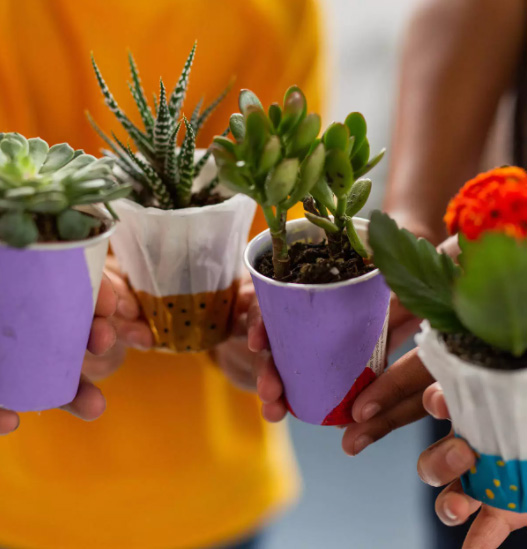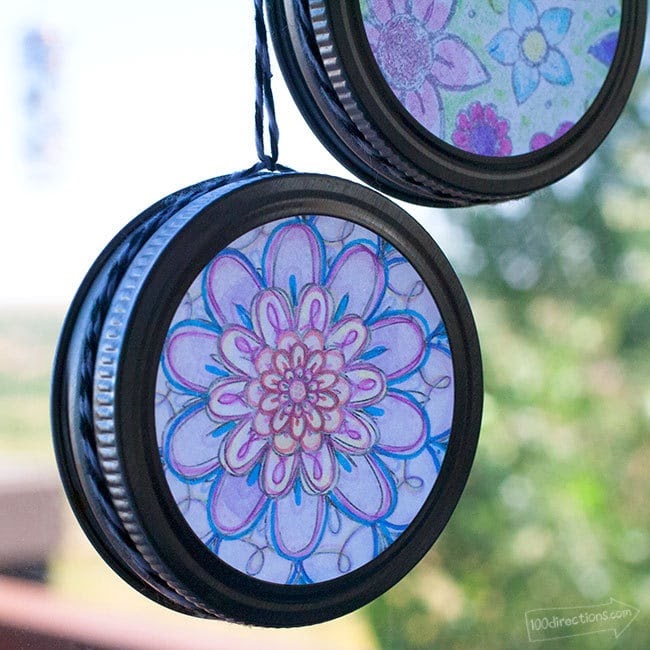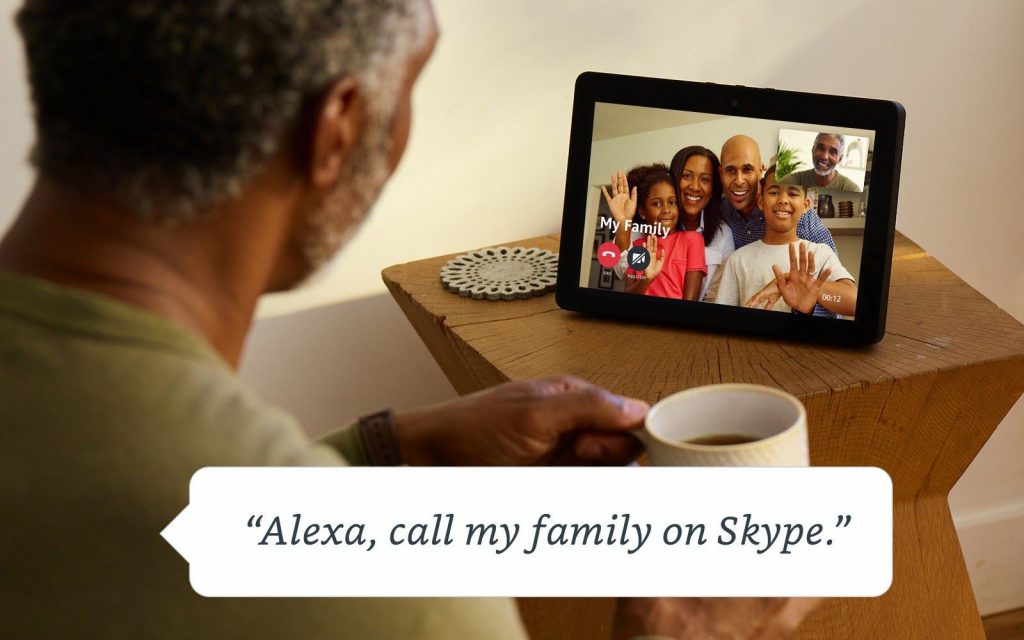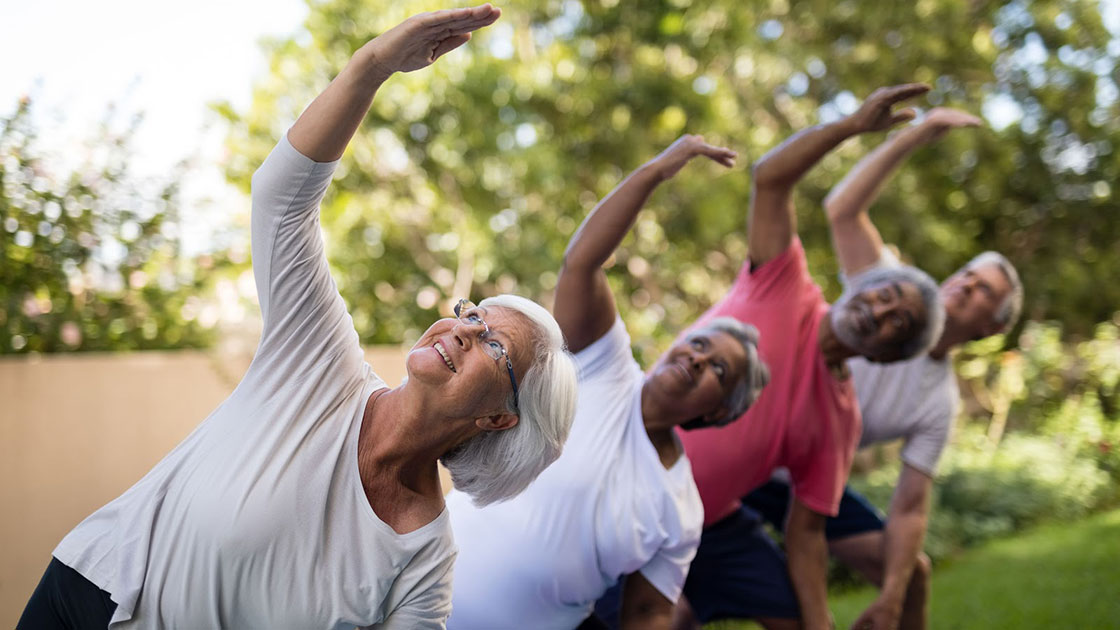As we and our loved one’s age, it’s only natural that the topic of senior living and additional care is top of mind. And while many seniors dislike the idea of leaving their homes and transitioning into an independent senior living or assisted living community, in the long run it can be a much happier and healthier environment.
There might be subtle signs that it’s time to think about moving. Perhaps the once often used kitchen is used a lot less. Or there’s more dust collecting around the house. The once lively conversations your loved ones held with friends who live nearby has decreased.
All of these small observations might mean it’s time to bring up the conversation of senior living. Oftentimes elderly adults haven’t considered how their life might improve by making this change. Here are a few points to consider:
Making New Friends
Socializing and connecting with others is a huge part of life and as we age it can sometimes decrease. Within a senior living community, there is a built-in network of peers and possible friends. Add in the fact that there are often many different activities to take part in and it’s a great way to meet and connect with new people.
Increased Safety
As a family member of a senior, it can be nerve wracking worrying about the safety of your loved one. A senior living community can provide peace of mind about the safety and wellbeing of elderly adults.
Healthy, Delicious Meals
Cooking can become a time-consuming hassle and oftentimes seniors turn to more convenient, but less healthy, options. At a senior living community, there is access to chef-prepared meals that are not only delicious, but also nutritious and focused on senior health needs.
No More Maintenance
After years of maintaining a home–cleaning, dusting, landscaping, you or your loved one can finally spend time doing things they enjoy. Read the books that never got read. Pick up painting with friends. Spend time doing some light yoga each morning. With a senior living community, most cleaning and maintenance is done for you.














